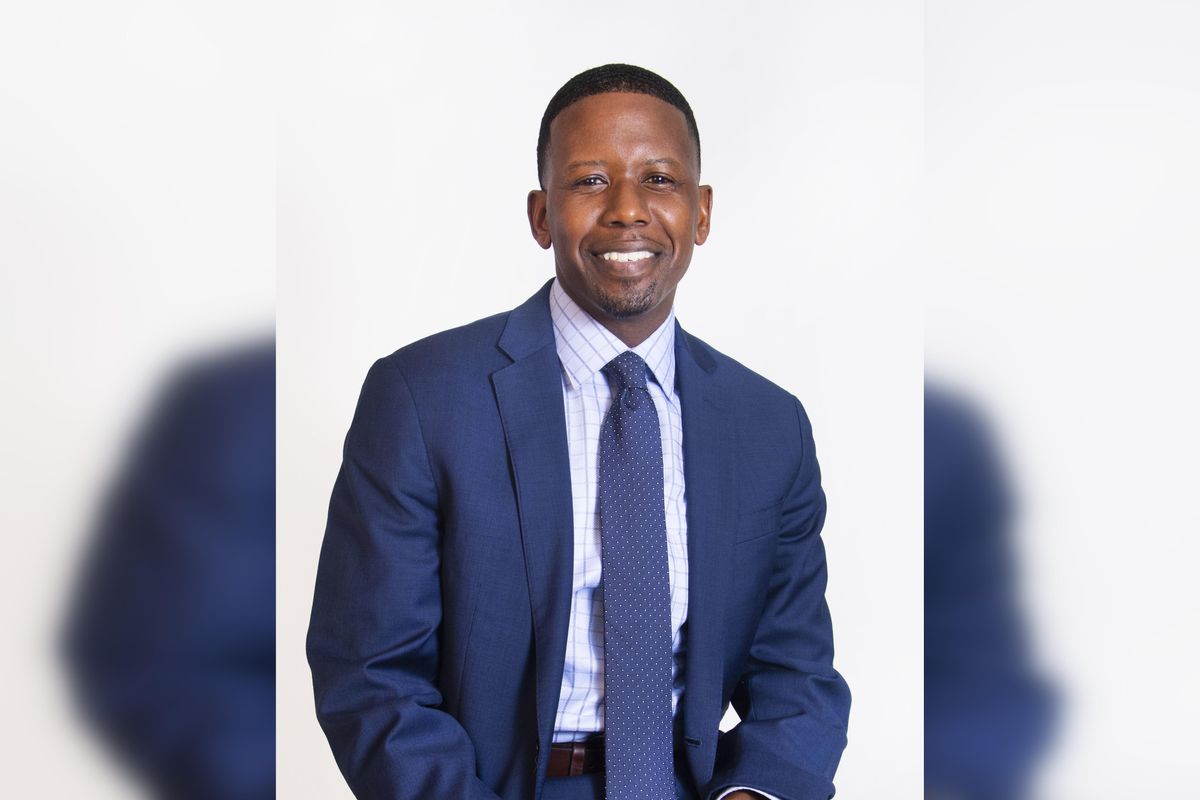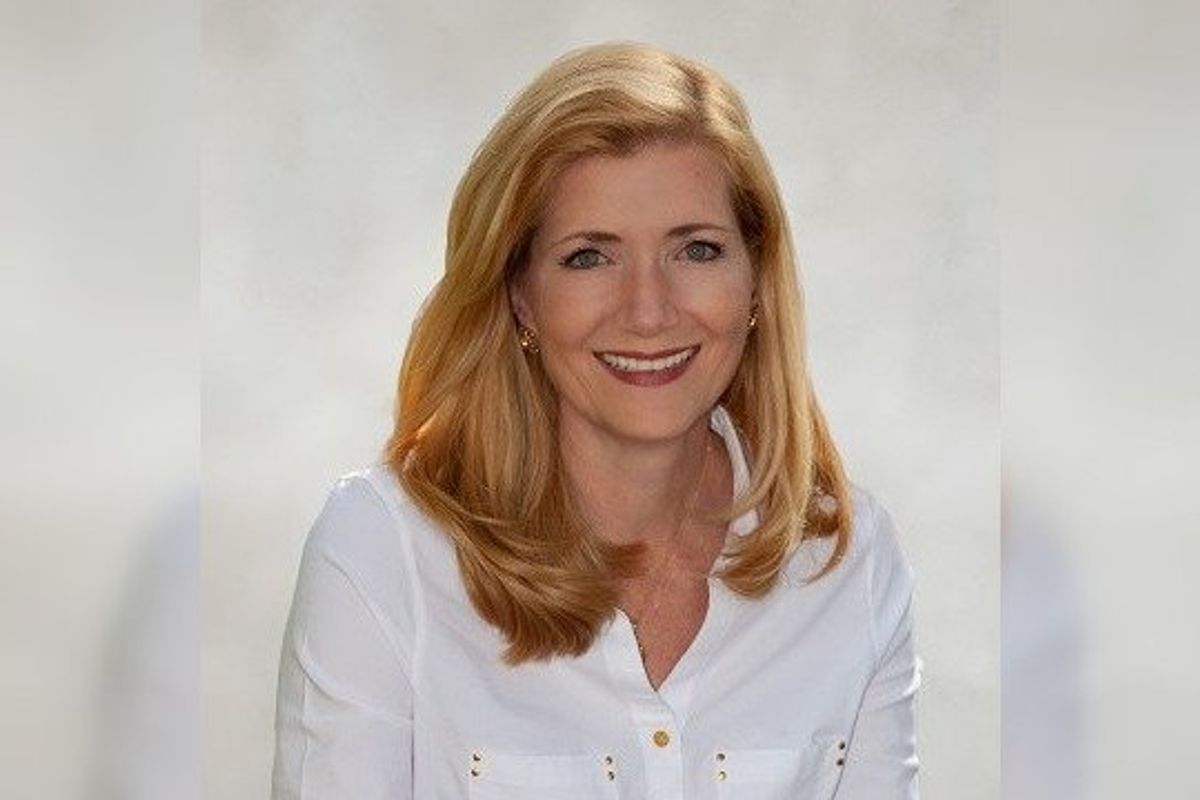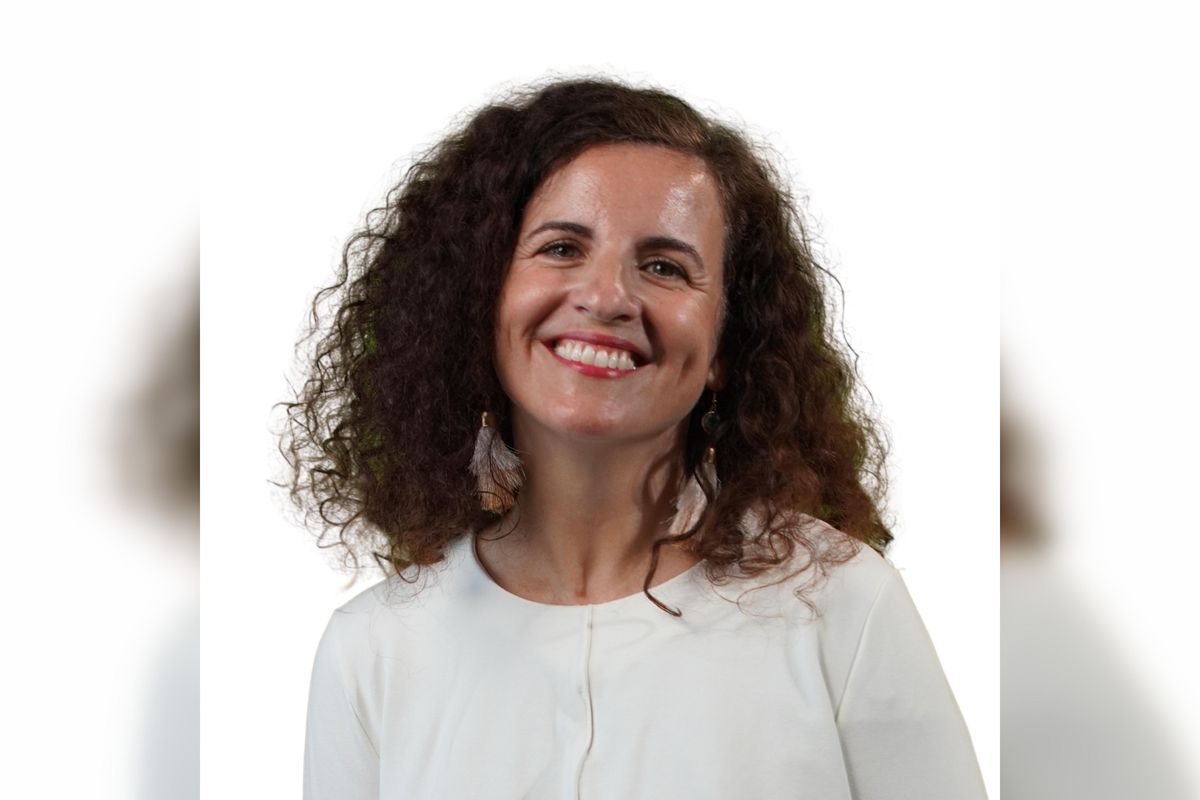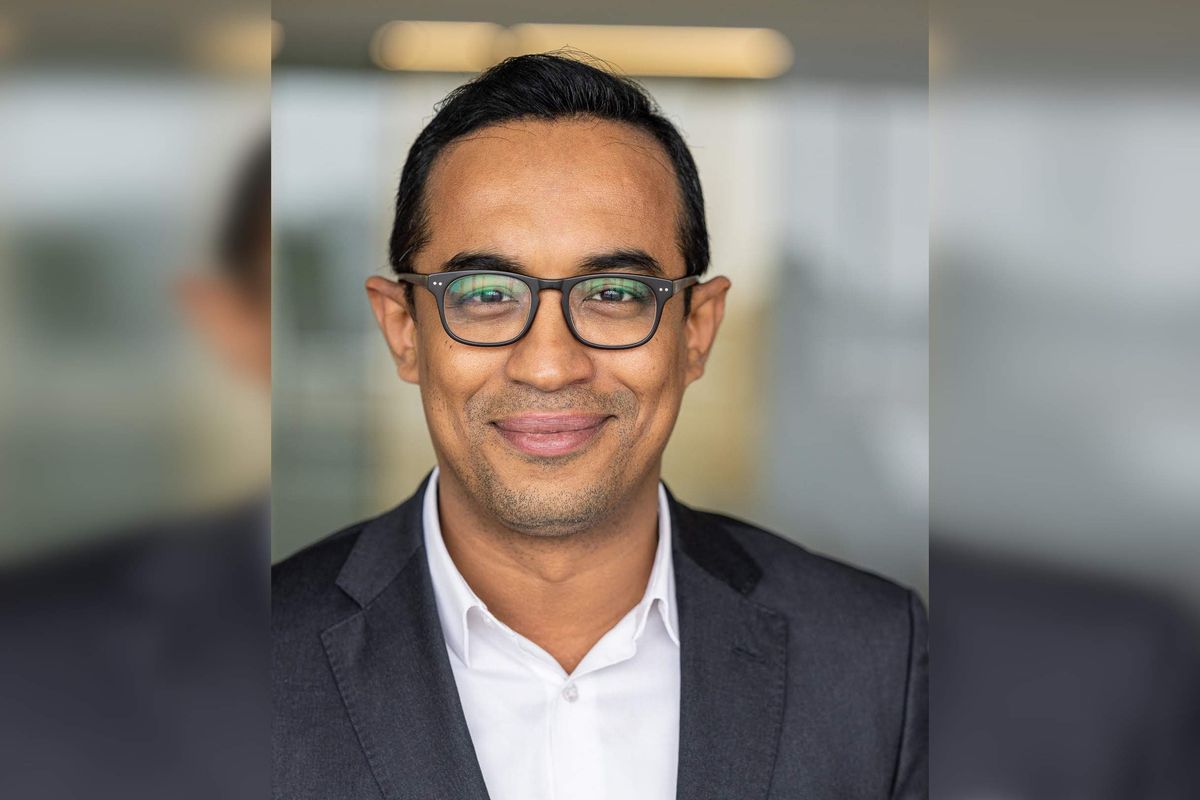Houston innovators — the moment you've been waiting for. The winners of the 2024 Houston Innovation Awards were named at the annual event.
The Houston Innovation Awards honored over 40 finalists across categories, naming the 12 winners and honoring the two Trailblazer Legacy Awards at the event.
The 2024 judges — who represent various industries and verticals in Houston — scored over 200 submissions. The event, hosted at TMC Helix Park on November 14 and emceed by Joey Sanchez, 2023 Ecosystem Builder award recipient and founder of Cup of Joey, revealed the winners.
The event's sponsors included Texas Medical Center, Milam & Greene, EIGHT Beer, Houston Community College, Microsoft, Halliburton Labs, Mercury, Pillsbury Winthrop Shaw Pittman LLP, Rice Innovation & Ion District, Growth Pods, Hunton Andrews Kurth and more.
Without further adieu, here the winners from the 2024 Houston Innovation Awards.

Corrolytics is a technology startup founded to solve microbiologically influenced corrosion problems for industrial assets. Co-founder and CEO Anwar Sadek says he's collected over $1 million in dilutive and non-dilutive funding from grants and other opportunities thanks to help from mentors.
"As a founder, I am always eager to assist and support fellow entrepreneurs, especially those navigating the unique challenges that come with being a BIPOC founder," he says. "With the guidance of mentors, I learned to master the complexities of the application process for grants and other funding opportunities. In turn, I actively share my experiences with other founders, helping them navigate similar paths."

Koda Health is a provider of a tech-enabled care coordination service for improving serious illness care planning. Founder and CEO Tatiana Fofanova says that her company's last fundraise has been one of her biggest career challenges to date.
"In a venture downturn that only cared about artificial intelligence, I closed my second round six days before I gave birth to my son," she says. "Fundraising in enterprise health tech is a tough task on a good year. Fundraising in an AI-obsessed downturn while seven months pregnant was the greatest physical and professional challenge of my life. I was only able to do such a Herculean feat through the support of my husband, my amazing professional network, and the Koda team."

March Biosciences, a clinical-stage cell therapy company with a mission to transform patient care in the most challenging hematological malignancies, was co-founded by CEO Sarah Hein.
"Our therapy has resulted in multiple long-term remissions in patients with advanced T cell lymphoma, which is unheard," Hein says on what sets March apart. "Our drug is simpler, cheaper, and more efficient to produce than any of our competition's approaches. And our company operates with a lean, fit-for-purpose structure that allows us to move faster and more efficiently than industry norms."

Founded by CEO Cindy Taff, Sage Geosystems is an energy company focused on developing and deploying advanced geothermal technologies to provide reliable power and sustainable energy storage solutions regardless of geography.
"Sage Geosystems sets itself apart from competitors with its Geopressured Geothermal Systems, which can be deployed almost anywhere, unlike traditional geothermal technologies that require specific geographic conditions," Taff says. "This flexibility enables Sage to provide a reliable and virtually limitless power supply, making it ideal for energy-intensive applications like data centers."

Venus Aerospace, a deep tech company founded by husband and wife team Sassie and Andrew Duggleby, is developing reusable hypersonic technology for aviation, defense, and beyond. The team says its company culture is what drives its success.
"Traditionally, the aerospace industry tends to burn out its employees with no room for work- life balance. One of our core visions is being 'home for dinner,'" the company reported. "We want to fly you to one side of the world and still have you home for dinner. And if you work for Venus, we expect you to not only get your job done, but prioritize your family and make it home in time for dinner."

Cognitive Space, an automated satellite operations provider that enables constellations to scale, was founded by CEO Guy de Carufel, who worked at NASA for eight years before starting this company.
Cognitive Space, working in defense sector, provides "AI for automating the space infrastructure, from effective ordering across multiple data providers, to optimized scheduling of satellite operations from sensor and link management," de Carufel says. "Addressing complexities in managing heterogeneous space systems at scale."

Cart.com is a unified commerce and logistics solutions provider for B2C and B2B companies is a fast-growing ecommerce platform founded by CEO Omair Tariq.
"In the last 12 months, Cart.com has dramatically grown its fulfillment network’s scale and technological capabilities," writes CEO Omail Tariq in his Houston Innovation Awards application. "We have been laser-focused on improving quality, performance and efficiency at scale while continuing to aggressively grow our customer base, expand our capabilities to customers in new industries and grow our physical presence to new locations. Prioritizing our strategic growth initiatives has been critical in the current macroeconomic environment as profitable growth remains paramount for our team."

Corrolytics, a technology startup founded to solve microbiologically influenced corrosion problems for industrial assets, secured the most votes from the Houston innovation community.
"If I could give myself advice before starting the company, I would say to embrace the challenges early on, as they are invaluable learning opportunities," Co-founder and CEO Anwar Sadek says. "Focus on building a strong network, especially with mentors and industry leaders who can guide you through the unknowns. Lastly, be prepared for the unexpected, stay adaptable, and never underestimate the importance of a clear mission that inspires both your team and your customers."

Impact Hub Houston is a nonprofit that serves as a pivotal hub within the city's innovation ecosystem, fostering a dynamic environment where changemakers, entrepreneurs, and community leaders converge to drive social impact and innovation forward.
"We mobilize problem solvers to use their knowledge, skills and technology to address community challenges, demonstrating our commitment to local impact while also providing a global reach for Houston innovators," says Grace Rodriguez, founder and CEO of the organization. "Our work extends to supporting underrepresented communities, and we work with public and private stakeholders to promote sustainable business practices that prioritize economic development, environmental stewardship and social equity."

Mitra Miller is the vice president of Houston Angel Network, but also founded and chairs Eagle Investors, a nonprofit group teaching students about the investment and innovation community. She serves as an active mentor for many organizations across Houston.
"Houston has the most friendly, open, collaborative, and inclusive innovation environment anywhere," Miller says. "When I ask individuals and organizations to partner on events and initiatives, they readily agree and give freely of their time and resources. There is a generosity of spirit that is very special to Houston."

Juliana Garaizar, founding partner of Energy Tech Nexus, invests with groups — such as Portfolia, Houston Angel Network, Business Angel Minority Association, and more — locally and beyond.
"I'm a hands on investor," she says. "I offer mentorship and industry and other investor connections. I take advisory roles and board observer seats."

Phillip Yates is the founder and CEO of Equiliberty Inc., but wears a few other hats too. In 2011, he helped establish a pre-venture business incubator at the Houston Area Urban League Entrepreneurship Center. He served as general counsel for the Business Angel Minority Association and Direct Digital Holdings Inc., and currently serves as chairman of Impact Hub Houston.
"My favorite part of Houston's innovative ecosystem is the growing network of resources for founders," he says. "Given our racial, ethnic and culturally diverse population, we have a wider range of experiences and perspectives — and ideas that lead to better problem solving, creative solutions and understanding of the needs our community."

This year, the Houston innovation community suffered the loss of two business leaders who left a significant impact on the ecosystem. Both individuals' careers were recognized with Trailblazer Legacy Awards.
Paul Frison, founder of the Houston Technology Center, and Scott Gale, executive director of Halliburton Labs, received the award posthumously. Frison died on September 5, and Gale died on September 24. The award was decided on by the 2024 judges and InnovationMap.
“I am immensely proud to honor these two remarkable individuals with the Trailblazer Award this year. It is fitting, as they represent two generations of building Houston’s ecosystem," 2023 Trailblazer Award recipient Brad Burke, managing director of the Rice Alliance and the associate vice president for industry and new ventures within Rice University's Office of Innovation, tells InnovationMap.
"Paul Frison was a pioneering leader who helped establish the Houston Technology Center and fostered the city’s tech ecosystem during the initial technology boom around the year 2000. Scott Gale, through his work at Halliburton Labs over the past five years, has been instrumental in launching Houston’s energy transition ecosystem," he continues. "Both have played pivotal roles in championing technology innovators.” Continue reading.







 Angela Holmes is the CEO of OmniScience. Photo via omniscience.com
Angela Holmes is the CEO of OmniScience. Photo via omniscience.com












